Molecular mechanisms: Star-shaped cells abound in autism
Brains from people with autism have more support cells called glia and fewer neurons than do control brains, suggests a study published 10 January in Molecular Autism.
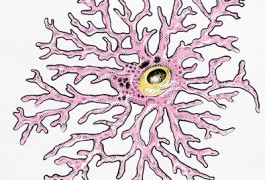
Brains from people with autism have more support cells called glia and fewer neurons than do control brains, suggests a study published 10 January in Molecular Autism.
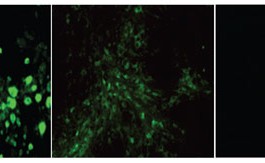
Misplaced pieces of RNA bind and disable the gene responsible for fragile X syndrome, leading to the disorder, according to a study published 28 February in Science.
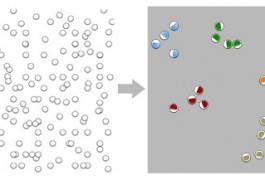
An artificial-intelligence algorithm designed to analyze behavior has learned to recognize six genetic disorders associated with autism, according to a report published 11 February in Molecular Autism. The algorithm could be used to hone the search for autism’s genetic underpinnings.
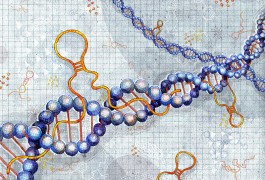
Long pieces of RNA that do not code for protein have diverse and important roles in the cell and may contribute to autism risk, say Nikolaos Mellios and Mriganka Sur.

Traits that typically accompany autism, such as social impairments and communication difficulties, remain largely consistent as children age, and this stability is primarily due to genetic factors, a new study concludes. The research, published in the March issue of the Journal of the American Academy of Child & Adolescent Psychiatry, is based on more than 6,000 twin pairs in the general population.
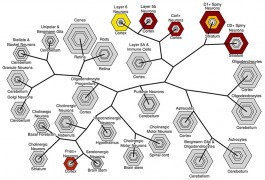
By matching the genes expressed in particular cell types with those linked to a disorder, researchers may be able to identify the cell types implicated in the disorder, they report in a study published 22 January in the Journal of Neuroscience. They use this method to link interneurons and immune cells to autism.

Autism researchers have high hopes for a new project called the First 1,000 Days of Life, which aims to follow 5,000 women and their babies from pregnancy through two years after birth.
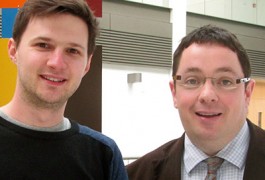
Researchers should consider the influence of gut bacteria on brain function, especially when studying neurodevelopmental disorders such as autism, say John Cryan and Roman Stilling.
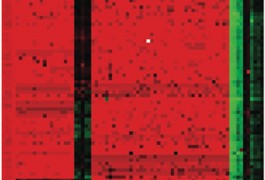
Postmortem brains from people with autism have abnormal patterns of chemical tags on SHANK3, one of the strongest candidate genes for autism, according to a study published 23 November in Human Molecular Genetics.

Results from four studies published in the past year point to a role for the cerebellum in autism-related behaviors.